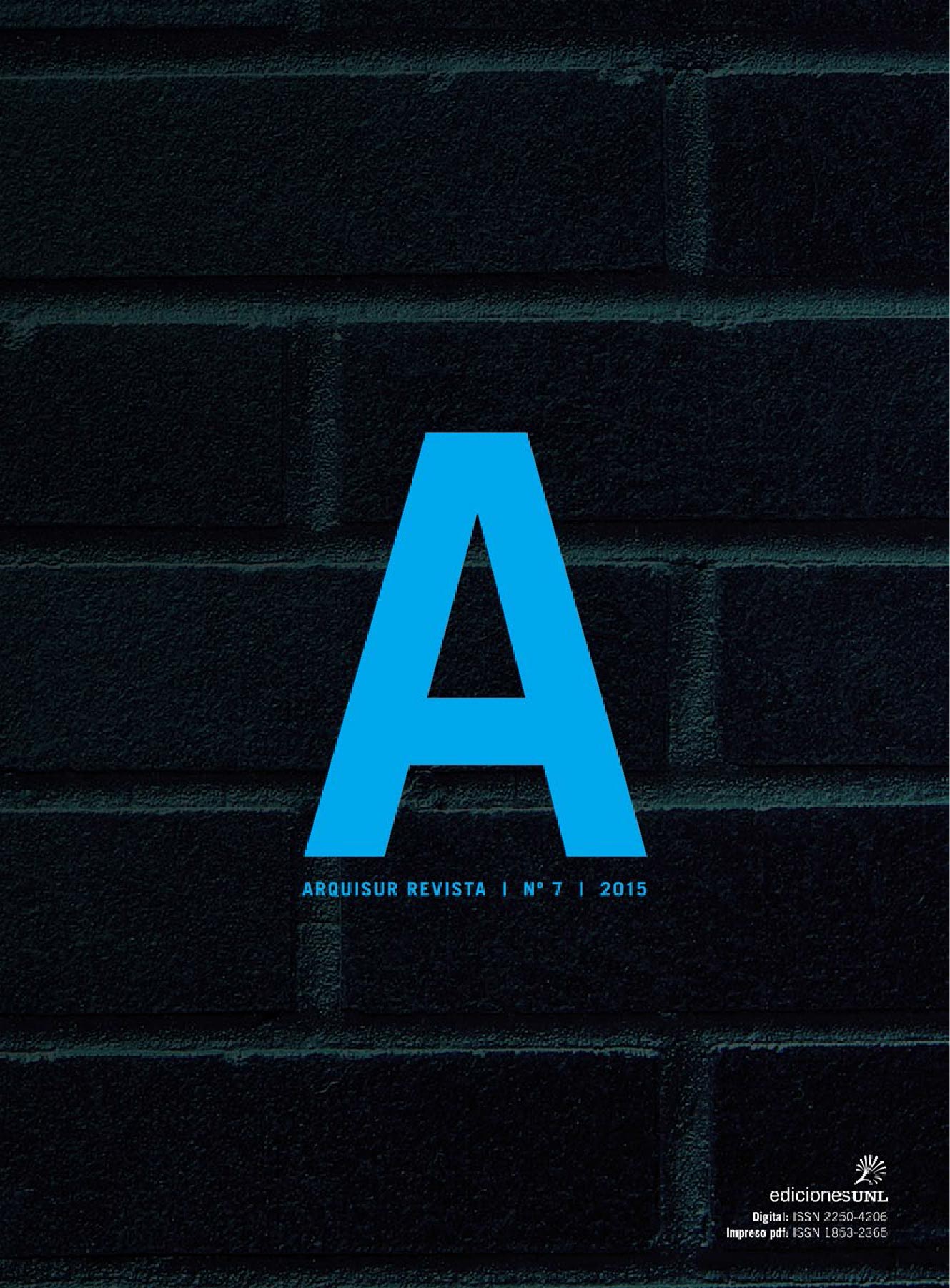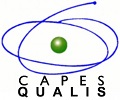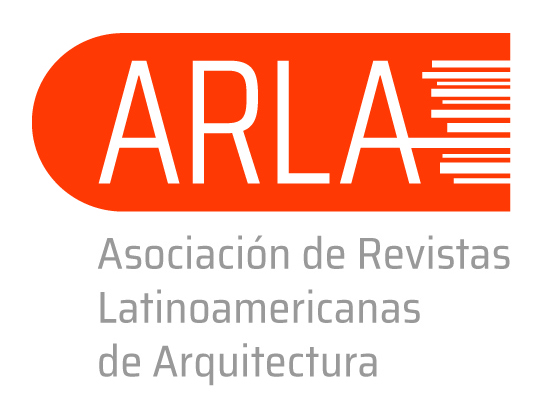Urban-territorial transformations and sustainability of the development in the city of Córdoba 1910-2010
DOI:
https://doi.org/10.14409/ar.v0i7.4940Keywords:
urban grow; urban management; urban history; urban planning; urban strategiesAbstract
From the first decade of the twentieth century, urban growth of the city of Córdoba clearly begins to exceed the limits of the potential of development of the local territory. The new technologies enable development to meet the demands of population and economic growth experienced by the city. This process is accentuated
since the 1940s, with the industrial development of the city and peripheral expansion over traditional core of foundational city and its first extensions (Nueva Córdoba and so–called "Barrios people"). The 60s consolidate these processes of peripheral extension. But from the 70s we are witnessing the emergence of the phenomenon of metropolization of Córdoba, with consequent disruptions of production processes of the urban and the emergence of new urban–territorial logics (decentralization, fragmentation, dispersion, diffusion, chosen segregation–forced segregation, large projects in "special areas", new connectivities), the characteristics, conditions and sustainability deficits show that the new modes of production
of urban are sources of larger and more complex environmental problems in local-regional scale.
Published
How to Cite
Issue
Section
License
ACCESO ABIERTO
ARQUISUR Revista es una publicación de acceso abierto y sin ánimo de lucro. No se imputan cargos por la recepción, revisión, evaluación, publicación ni acceso a sus contenidos. Se distribuye bajo una Licencia Creative Commons CC Atribución-NoComercial-SinDerivadas 4.0 Internacional (CC BY-NC-ND 4.0): No se permite un uso comercial de la obra original ni la generación de obras derivadas. Esta licencia no es una licencia libre, y es la más cercana al derecho de autor tradicional.
DESCARGO
Los criterios expuestos en los artículos son de exclusiva responsabilidad de sus autores y no reflejan necesariamente la opinión del Comité Editorial ni de la Dirección Editorial Técnica. Los derechos de los artículos publicados pertenecen a sus autores o editoriales. Los autores ceden sus derechos de publicación al Centro de Ediciones de la Universidad Nacional del Litoral de Santa Fe, Argentina.














